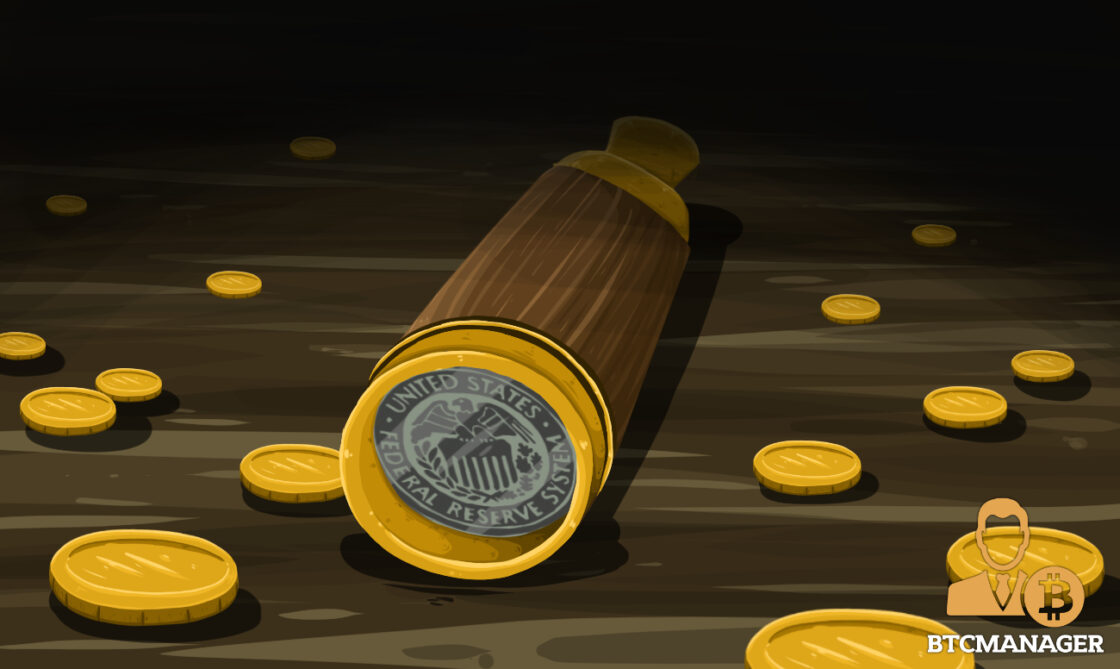PALO ALTO, Calif. (Reuters) - The Federal Reserve is taking a look at a broad series of problems around digital payments and currencies, including Additional reading policy, design and legal factors to consider around potentially releasing its own digital currency, Governor Lael Brainard said on Wednesday. Brainard's remarks suggest more openness to the possibility of a Fed-issued digital coin than in the past." By changing payments, digitalization has the prospective to deliver higher value and convenience at lower expense," Brainard stated at a conference on payments at the Stanford Graduate School tech-guru-jeff-brown-recommends-this-5g-stock.homeownersinsurancehoustontx.com/page/legacy-research-company-profile-provo-ut-competitors-legacy-research-login-PzleeeGxkYl6 of Service.
Reserve banks internationally are debating how to manage digital finance technology and the distributed ledger systems used by bitcoin, which guarantees near-instantaneous payment at potentially low cost. The Fed is establishing its own day-and-night real-time payments and settlement service and is currently examining 200 comment letters sent late in 2015 about the proposed service's style and scope, Brainard stated.
Less than 2 years ago Brainard informed a conference in San Great post to read Francisco that there is "no engaging showed requirement" for such a coin. But that was prior to the scope of Facebook's digital currency ambitions were commonly understood. Fed officials, including Brainard, have actually raised concerns about customer defenses and information and privacy threats that could be postured by a currency that might enter into use by the third of the world's population that have Facebook accounts.
" We are teaming up with other main banks as we advance our understanding of main bank digital currencies," she stated. With more countries checking out issuing their own digital currencies, Brainard stated, that contributes to "a set of factors to likewise be making sure that we are that frontier of both research and policy development." In the United States, Brainard said, concerns that require study consist of whether a digital currency would make the payments system safer or simpler, and whether it could posture monetary stability dangers, including the possibility of bank runs if cash can be turned "with a single swipe" into the reserve bank's digital currency.
To counter the financial damage from America's extraordinary nationwide lockdown, the Federal Reserve has actually taken extraordinary steps, including flooding the economy with dollars and investing straight in the economy. Most of these relocations received grudging acceptance even from many Fed skeptics, as they saw this stimulus as required and Visit this website something only the Fed could do.
My brand-new CEI report, "Government-Run Payment Systems Are Hazardous at Any Speed: The Case Against Fedcoin and FedNow," details the threats of the Fed's existing prepare for its FedNow real-time payment system, and propositions for central bank-issued cryptocurrency that have been called Fedcoin or the "digital dollar." In my report, I talk about concerns about personal privacy, data security, currency manipulation, and crowding out private-sector competitors and development.

Advocates of FedNow and Fedcoin state the federal government needs to create a system for payments to deposit quickly, rather than encourage such systems in the economic sector by lifting regulative barriers. However as noted in the paper, the private sector is supplying an apparently endless supply of payment technologies and digital currencies to solve the problemto the extent it is a problemof the time space in between when a payment is sent and when it is received in a checking account.
And the examples of private-sector development in this area are numerous. The Clearing Home, a bank-held cooperative that has been routing interbank payments in numerous types for more than 150 years, has been clearing real-time payments given that 2017. By the end of 2018 it was covering half of the deposit base in the U.S.